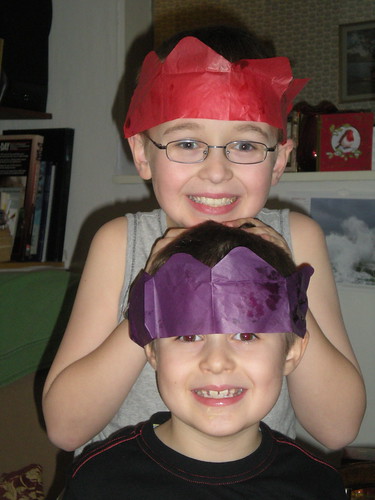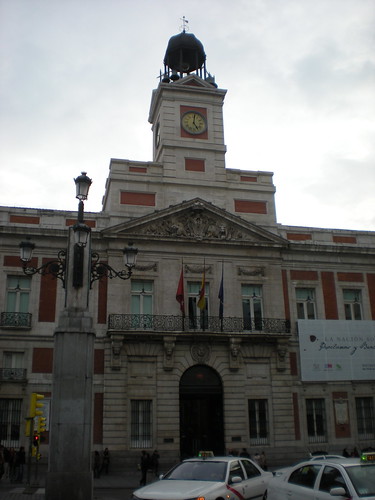As a Mum whose eldest has ‘had a little chat’ with me this year about Father Christmas, this clip particularly struck a chord!
If you are fortunate enough to be somewhere they celebrate Reyes, enjoy the ‘cabalgatas’ and don’t forget your shoes on the balcony.
¡Felices Reyes!
[youtube http://www.youtube.com/watch?v=noH51NPI9C4&hl=en&fs=1]





